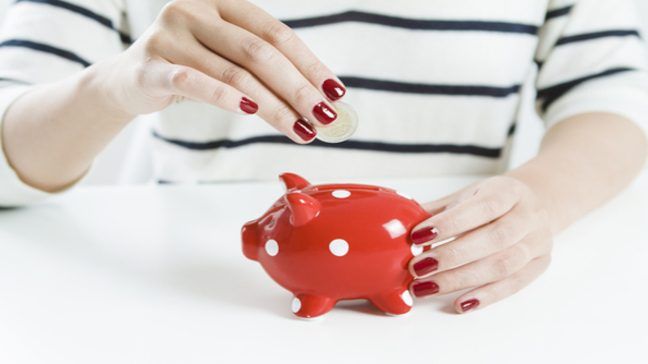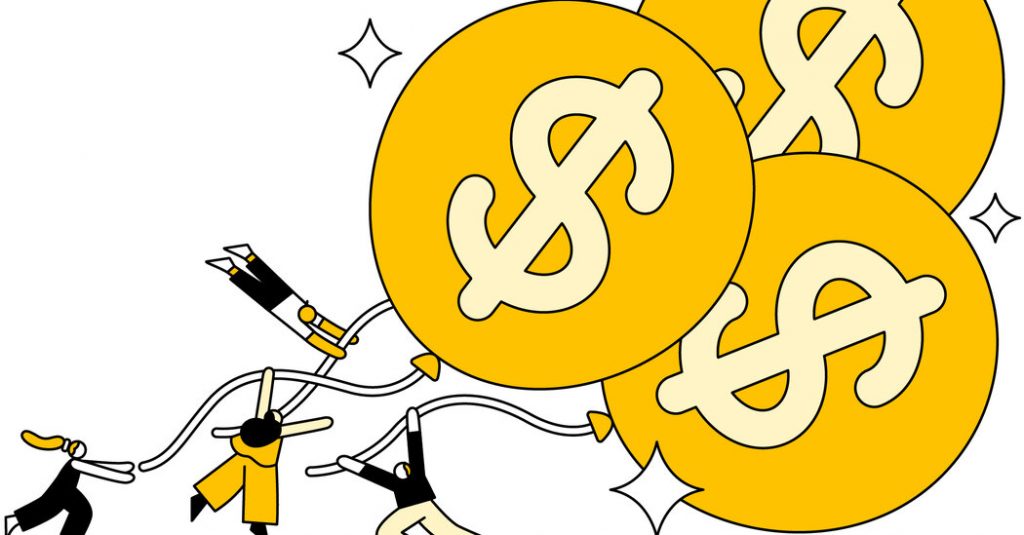
There are two kinds of financial stability. One identifies with our Emergency Personal Funds. The other has more extensive, more extensive ramifications and concerns organizations and nations.
Let me explain this way.
Have you ever gone broke and didn't have money to bear the cost of supper? Or fallen short of cash when you required it the most? I've seen individuals experience these real situations. Also, trust me, they are living bad dreams.
An old proverb says money can't get you satisfaction. Extremely evident. I will agree with this. However, money can fend off misery. That is the primary reason behind the Importance of Financial Stability in life.
Much the same as any objective, getting your accounts steady and turning out to be financially successful requires the advancement of good budgetary propensities. Envision a reality where you don't need to worry over money continually. You have enough to cover your bills and expected costs. More than that, how might you want to realize that you can bear to carry on with the way of life you need to live in? These things are altogether conceivable when you are financially stable. So what is monetary solidness? And How to be Financially Stable at 19?
Let us Have a Look at How to Achieve Financial Security?

Have A Good time
Have fun while you're youthful. You will have a lot of time to be miserable when you're older. Living a successful, glad life is tied in with finding harmony between time with loved ones – and among work and relaxation.
Finding some harmony between your life today and your future is additionally significant. Financially, we cannot live as though today is our last day. We need to settle on what we spend today versus what we spend later on. Finding the right equilibrium is a significant initial move toward accomplishing financial security.
Track Your Expenses
Most often, our accounts go haywire since we spend beyond what we can bear. A large portion of the fight is won if you realize the amount you are spending and what. You can set a tracker set up to assist you with seeing how and where you spend your things. Over the long run, you can dispense with any unnecessary expenses.

Begin Budgeting
If you are struggling to deal with your funds, at that point, you probably need to make a budget—an arrangement for How to Know if You are Financially Stable every month that depends on the amount you ordinarily procure and spend. A spending plan is your best tool to change your monetary future.
To begin, record your income and all your costs, and afterward, take away the values from the payment to decide your optional spending. Toward the beginning of every month, set up a financial plan to dispense how optional assets get spent. Track the expenditure throughout the month, and toward the month's end, decide if you adhered to the budget.
If you spent more than you made, fix your budget by cutting pointless costs or procuring more. Actualize the updated account the next month to begin living inside your means.
Spend Frugally and Pad Your Emergency Fund
One of the essential destinations of making a financial plan, particularly a detailed one, should be to recognize how you can all the more likely set your money to work for you. This implies, by making spending, you'll be headed to preparing for additional reserve funds, taking care of obligations, or even setting up an emergency fund that is on the highest point of your need list.
Living economically doesn't imply that you are cheap or don't enjoy what life has to bring to the table. It means that you're disciplined with your money and that you have recognized territories in your ways of managing money where you didn't need to spend.
Keep in mind, each dollar spared is a dollar procured that you would then be able to redistribute and given something to do for you, not against you.
As you deal with managing your costs and even wholly eliminating spending in certain territories, utilize those ‘extra' reserves you save for cushioning your emergency fund, or making one if you don't have one yet.
Your emergency fund isn't only a stormy day reserve; it's more than that. It's a separate account that can and should just be utilized on account of money related crises, for example, joblessness, machine breakdowns, or other startling expenses.
Having a sufficient emergency fund is one of the telling indications of arriving at financial stability.

Eliminate & Avoid Debt
If you have Mastercards, personal credits, or other such debts, you have to begin a debt removal plan. Rundown your debt and orchestrate them altogether from smallest equilibrium at the top to most significant at the base. At that point, center around the debt at the top, putting as much as possible into it, regardless of whether it's merely $40-50 extra. At the point when that sum is paid off, celebrate! Proceed with this cycle, with your additional sum snowballing as you come, until you take care of every one of your debts.
Getting Ready for Retirement
Entirely out of school, retirement arranging is the keep going thing at the forefront of your thoughts. So if you need to, for the time being, forget about it. If you follow different tips, you won't just be all the more financially secure and arranged for the time being, yet you will likewise be monetarily ready for the inaccessible future.
We trust that by including these undertakings into your month to month schedule, you will have the option to take care of your accounts and have a more robust structure set up regarding acquiring, utilizing, and saving money.
The first-time parent to be? Look at these 6 Money-Saving Hacks for Expecting Parents to reach their best financial goals!

1 Comment